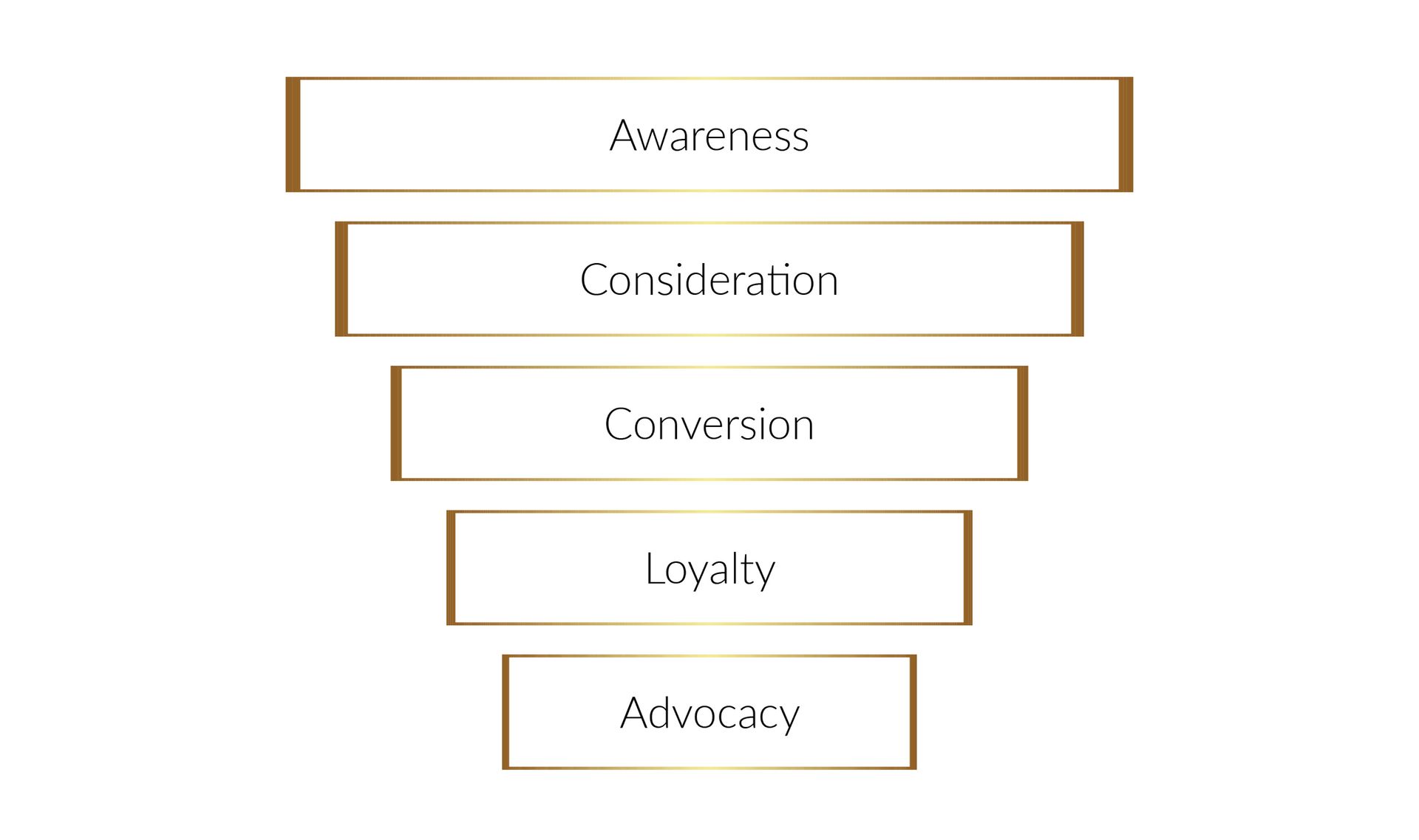Leveraging the Power of Storytelling: What HR Can Learn from Marketing Professionals
Creating Memorable Employee Experiences Through Gamification and Storytelling

In the world of marketing, professionals have mastered the art of storytelling. They understand that if they can spark an emotion, they create a memorable experience with the brand. This emotional connection is what drives customer loyalty and brand retention. But this powerful tactic isn't limited to marketing. As HR professionals, we can use the same approach to enhance our field, particularly through training and gamification.
The Art of Storytelling in Marketing
Marketers are keenly aware that a good story can captivate an audience. They craft narratives that evoke emotions, whether it's joy, nostalgia, or inspiration. These emotions help to form a deep, lasting connection between the consumer and the brand. This connection is what makes the brand memorable, ensuring that consumers will return time and time again.
Applying Storytelling in HR
Just like in marketing, the goal in HR is to create a memorable experience, but with employees instead of customers. By incorporating storytelling into training programs and gamification strategies, we can spark emotions that lead to better retention and engagement.
Gamification: The HR Playbook for Storytelling
Gamification is a perfect example of how we can use storytelling principles in HR. When we gamify training, we create an immersive experience that engages employees on an emotional level. Here’s how the principles of storytelling align with gamification:
- Creating a Narrative: Just like a good story, a gamified training program has a beginning, middle, and end. Employees embark on a journey where they face challenges, overcome obstacles, and achieve goals.
- Emotional Engagement: By introducing elements of competition, rewards, and progression, we tap into emotions like excitement, satisfaction, and pride. These emotions make the training experience more enjoyable and memorable.
- Memorable Experiences: When training is engaging and fun, it sticks. Employees are more likely to retain information and apply what they’ve learned because they associate the training with positive emotions.
The Psychology Behind It
The psychology that drives successful marketing campaigns is the same that drives effective training programs. Here’s how the brain processes these experiences:
- Emotion and Memory: The brain is wired to remember experiences that have emotional significance. When an emotion is triggered, the brain releases chemicals like dopamine, which help to solidify memories.
- Engagement and Retention: Engaged employees are more likely to retain information. Just as a compelling story keeps a consumer engaged, a gamified training program keeps employees focused and interested.
Bridging the Gap: Marketing and HR
By taking a page out of the marketing playbook, HR professionals can transform the way we approach training and development. Here are some practical steps to incorporate storytelling and gamification into HR practices:
- Develop Engaging Narratives: Create training programs that tell a story. Use scenarios, characters, and plotlines to make the content more relatable and interesting.
- Introduce Gamification Elements: Incorporate game-like features such as points, badges, and leaderboards to add an element of fun and competition.
- Focus on Emotional Engagement: Design training activities that evoke positive emotions. This could include interactive simulations, role-playing exercises, and team challenges.
- Measure Impact: Track engagement and retention rates to see how these strategies impact employee performance and satisfaction.
Wrapping It Up
Marketing professionals have long understood the power of storytelling to create memorable brand experiences. As HR professionals, we can leverage the same principles to enhance our training programs and overall employee engagement. By sparking emotions through storytelling and gamification, we can create memorable experiences that lead to better retention and performance.
Let’s take a page out of the marketing playbook and transform HR into a field that not only informs but also inspires and engages.




